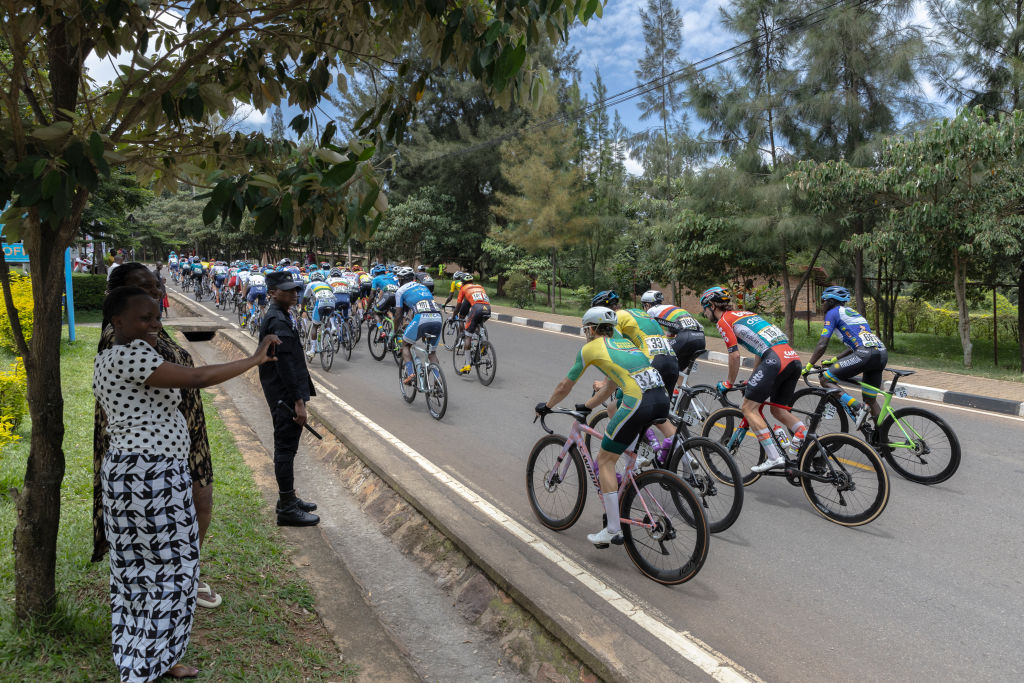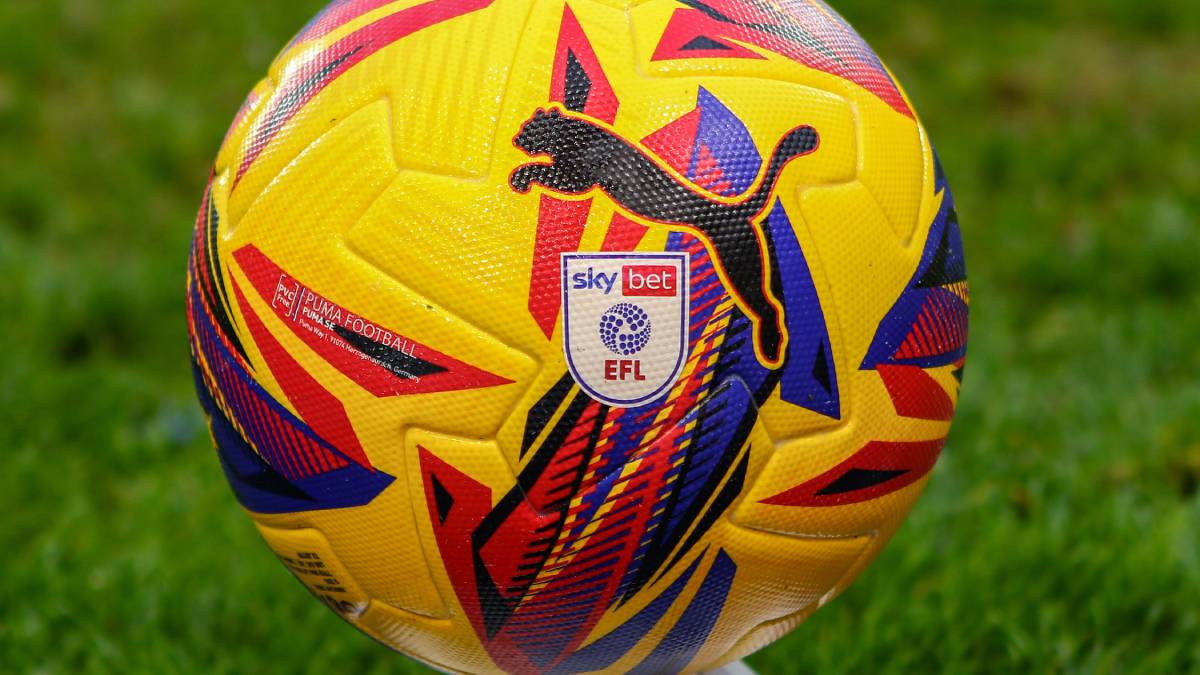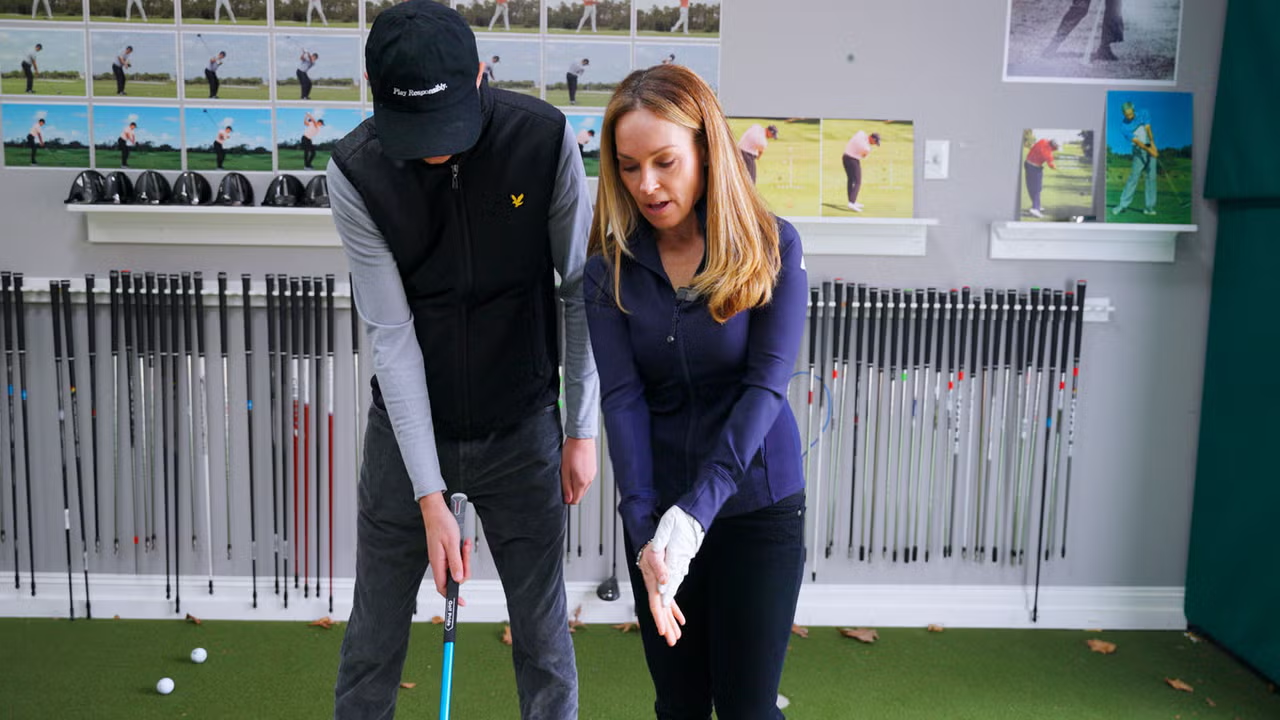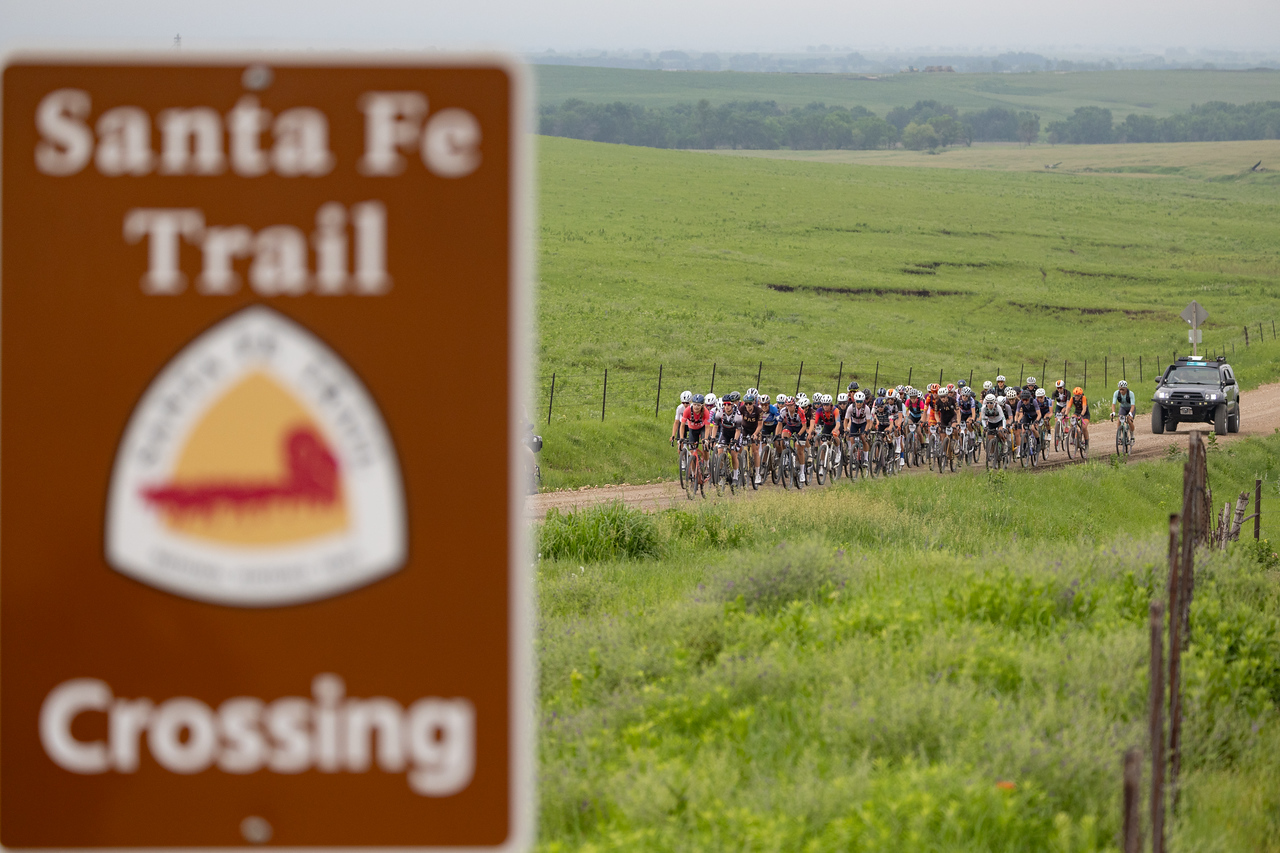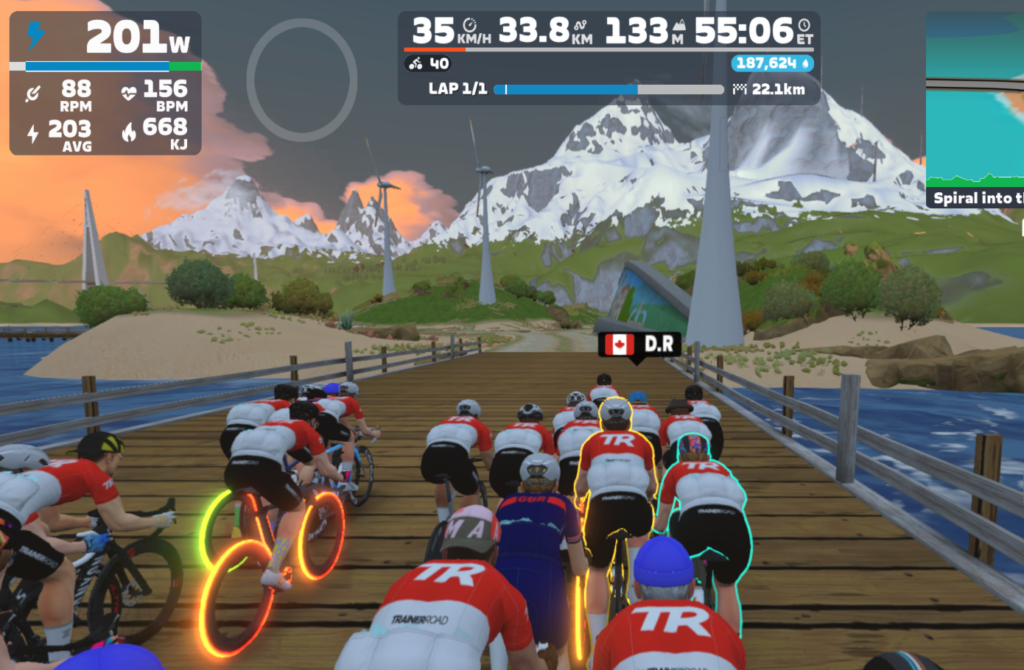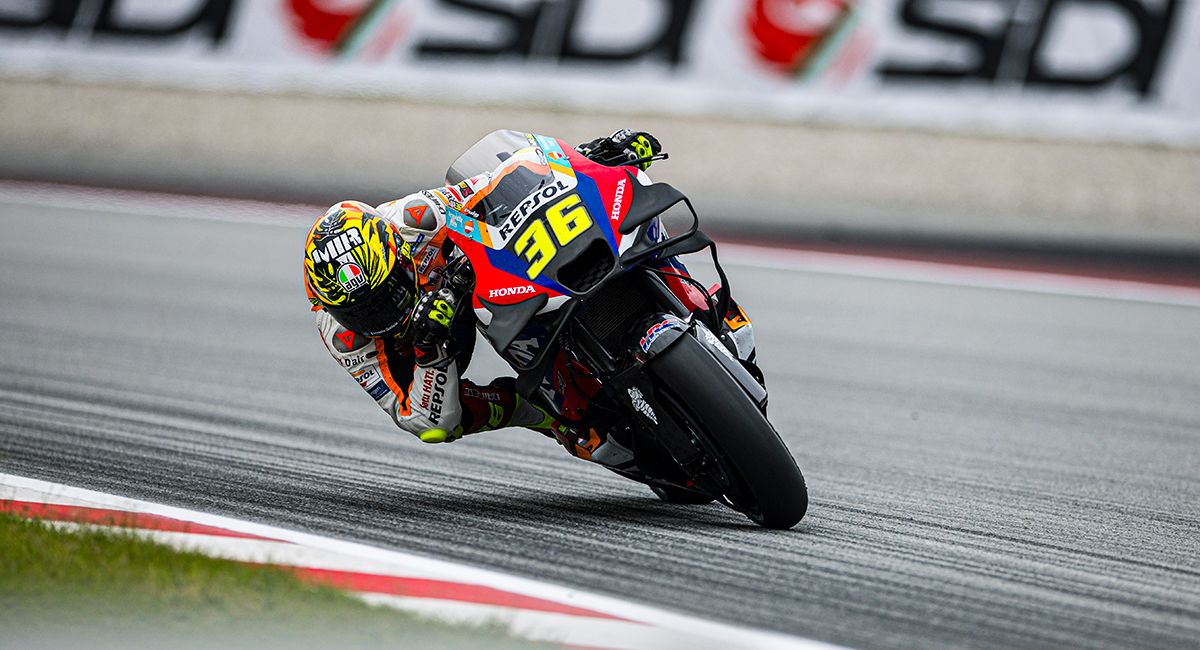The first-ever UCI World Championships to be held in Africa are a matter of months away, and whilst the event in Rwanda is set to be historic, various concerns have swirled around the cycling world in recent months.
However, the President of the Rwandan Cycling Federation has said that he is optimistic about the organisation of the event, despite ongoing conflict in neighbouring Democratic Republic of Congo and several European nations announcing that they will send reduced squads due to costs.
“It’s the biggest event in cycling world. So, for me as the President of the Federation, and for the Federation, the country, the continent, it’s a pleasure,” President Samson Ndayishimiye told Cyclingnews exclusively in Glasgow after the final stage of the Tour of Britain Women, which he was attending on the invitation of British Cycling.
“We appreciate the good relationship we have with the UCI, and the rest of the world for giving us this opportunity and trusting us to deliver,” he added.
The first African World Championships is set to be a landmark event for the sport as it continues to globalise and attract new audiences. Staging an African Worlds was a primary goal set out by UCI President David Lappartient when he came into office. It’s believed that the event will provide a significant boost to the sport both in Rwanda and the entire continent, attracting investment and inspiring a new generation of African riders.
The UCI are focusing on creating a legacy from the Kigali World Championships, using the event to develop cycling infrastructure in the continent through their World Cycling Centre which has recently opened a new base for training and development in Rwanda.
“In February, we opened the UCI satellite, the second one in the continent of Africa,” Ndayishimiye said. “It’s a good opportunity not only for the riders, but also for everybody else involved, commissaires, coaches, mechanics. All of that is part of the legacy we are looking at.”
The latest race content, interviews, features, reviews and expert buying guides, direct to your inbox!
Reducing the cost to compete
However, Africa’s first World Championships aren’t without their challenges. Several European national federations have publicly complained in recent months about sky-high costs for competing in Rwanda, with CEO of Belgian Cycling Nathalia Clauwaert claiming that overall costs to compete are more than double what they were to race the Worlds in Australia in 2022, accusing local hotels of hiking up prices. The likes of Denmark, Ireland and the Netherlands have said that they will send reduced squads to Kigali in September.
Ndayishimiye was keen to downplay the impact of the cost of the Worlds on national federations. He confirmed that the organisers have sought to reduce the pressure on national federations in recent weeks by arranging charter flights and conducting extra liaison with local hotels.
“To be honest, I think realistically our sport is an expensive sport wherever we go. There was a World Championship in Australia, that’s as far as I think they’ve gone. Now it’s just around the corner, most of the countries in Europe, they have a chance to just jump on a plane, on a non-stop plane,” he said.
“So with the negativity, I think it’s the unknown. It’s the first time on the continent. We guarantee everyone that we are fair on the prices. Secondly, travel-wise, it should be easy for everyone. I can confirm that many countries have already booked their hotels – confirmed. Even Belgium has just confirmed that they’re coming down with the whole team… That should show that everyone has done their homework and they’re happy with where we are in the organisation.”
‘It’s a safe country’
In January, a decades-long conflict reignited in the east of Democratic Republic of Congo between the M23 rebel group and the Congolese military. Since then, the rebels have taken over large parts of North and South Kivu, including the strategic cities of Goma and Bukavu. Thousands have died and hundreds of thousands have been displaced, while M23 have also been accused by Amnesty International of committing a series of war crimes.
The United Nations says that M23 are backed and funded directly by the Rwandan government and, due to their alleged role in the conflict, the European Parliament has called for the cancellation of the Kigali World Championships. The Rwandan government has always denied any association with the M23 rebels.
As the fighting has worn on, Rwanda itself has remained almost entirely untouched and February’s Tour du Rwanda went by without any safety issues, even coming within 14 kilometres of the Congolese border.
Ndayishimiye distanced himself from the politics but wanted to reassure that all those attending the Worlds will be safe in the country and that the event will go ahead as planned, just as Lappartient told Cyclingnews back in February, saying “there is no Plan B“.
“First of all, I’m in sport. So everything that is going on is nothing to do with me. One thing for sure though, the UCI has confirmed that the World Championships is taking place in Rwanda. It’s safe, it’s a safe country,” Ndayishimiye said.
“There are other issues that are happening around the borders of Rwanda. There was the Tour du Rwanda, for example, which happened in February, we went all the way to the border.
“So, me as a sport person, that’s the position where I’m in. When it comes to anything else political or anything, in sport we are neutral people.”


